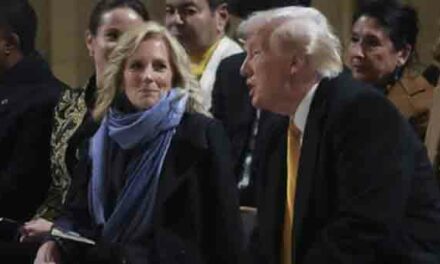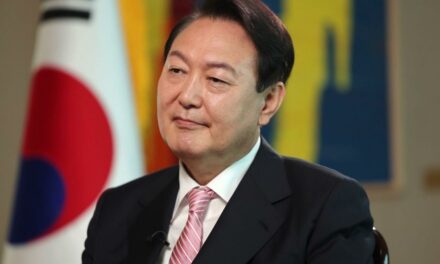We support our Publishers and Content Creators. You can view this story on their website by CLICKING HERE.
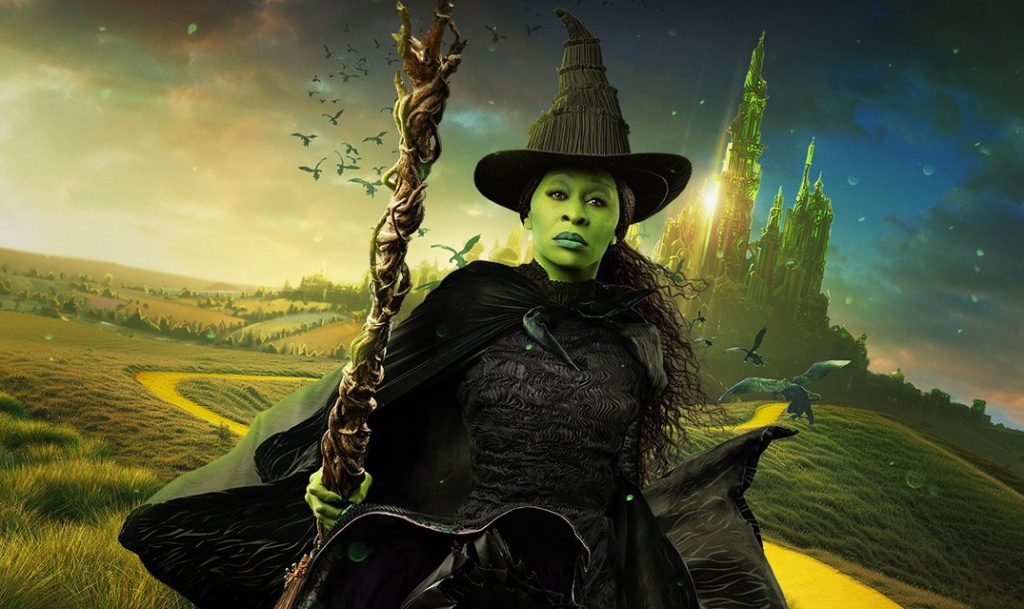
Despite (or maybe because of) the bizarre antics of its cast, the film adaptation of Wicked seems to be reasonably popular. On the face of it, this is something of a rebuttal to the current surge of anti-woke entertainment. However, there are a number of factors at work here, not the least of which is that its full box office haul is not yet known.
There is also the fact that musicals – especially screen adaptations of stage productions – are a strange beast. People can show up just to hear their favorite tunes and discard everything else.
All that being said, it should be kept in mind that that stage production of Wicked represented the vanguard of girlboss entertainment and its immense success convinced Hollywood to fully embrace it.
Why It Works
Wicked is based on a 1995 book that purports to tell the “true” story of The Wizard of Oz, which also started out as a series of books published more than a century ago but became immortalized in the 1939 production starring Judy Garland. This revisionism was very much “a thing” for Boomers. They love nothing more than to destroy and shame all the old heroes. Wicked does this quite handily, and the moral inversion is complete – the good characters are actually bad and the bad ones have reasons for what they do and are the real heroes.
I have seen the touring production with the original Broadway cast of Idina Menzel and Kristen Chenoweth and I can say that the success of both the stage production was largely the product of their talent and the catchy tunes. There is always room for top-notch vocal and dramatic performances, even if the source material is weak. Of course, a musical lives and dies by its songs, and other than “Defying Gravity,” there are some fun ones, such as “What is this Feeling?” which is a perfect inversion of a love song, where instead of attraction the characters sing of their loathing for one another. “Popular,” was also a hit with the household because, gee, it’s about popularity in school.
Indeed, I think a lot people ignore the inner message and just enjoy the boarding school/lunch table politics part of it. To be fair it is well done. In that sense, it’s the traditional “ugly unpopular girl gets her revenge,” which is a pretty easy sell. The film has benefitted with this positive association and the talent of its (somewhat weird) cast.
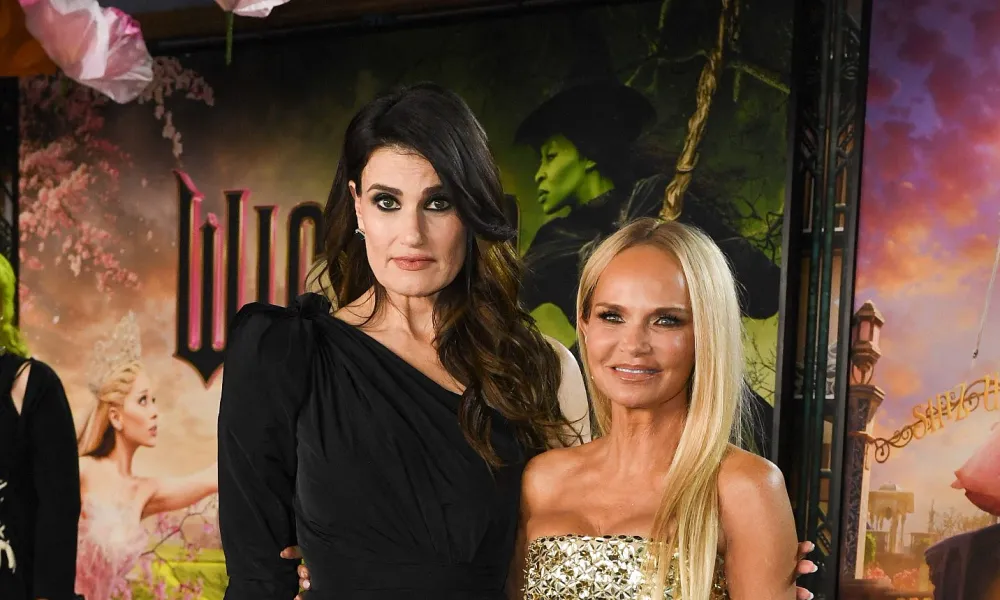
A Message of Evil
Look, I’m as into show tunes as any straight man can be. I’ve seen two of Ted Neilly’s turns as Jesus Christ Superstar on stage (the 1990s one was amazing), and yes, there are some heresies in the show, but the overall theme and music make up for it. Musicals can veer into the preachy (South Pacific‘s “You Have To Be Taught” comes to mind), but that comes with the territory.
When the curtain fell on Wicked, however, I was pissed, choking with anger. This was because under the cute school jokes and catching tunes was a lesson of pure evil: if someone wrongs you, you are entitled to do whatever you want to get back at them.
That’s it. That’s the story. Cruelty is okay so long as you claim to be a victim. This is a foundational belief on the left, but it comes straight from Satan himself.
Actual morality teaches us that we can rise above difficulty and treat our tormentors with compassion and mercy with a goal of converting them to goodness. This was why the original Star Wars resonated so strongly that it took ten years and billions of Disney’s dollars to destroy it. Luke didn’t kill Darth Vader, he saved him. Nothing like that happens now.
As is so frequently the case, Wicked is targeted at children, because perverts, heretics and devil-worshippers always go for the kids.
Note also that as with Star Wars: The Acolyte, or The Rings of Power or any of the other girlboss/demonic-themed films of late, having achieved power and freedom, what does our hero do with it? Is it used to heal the infirm? Is it used to teach? To these people that would be boring and lame. The best use of power is to torment and bully others. That’s Hollywood’s core morality.
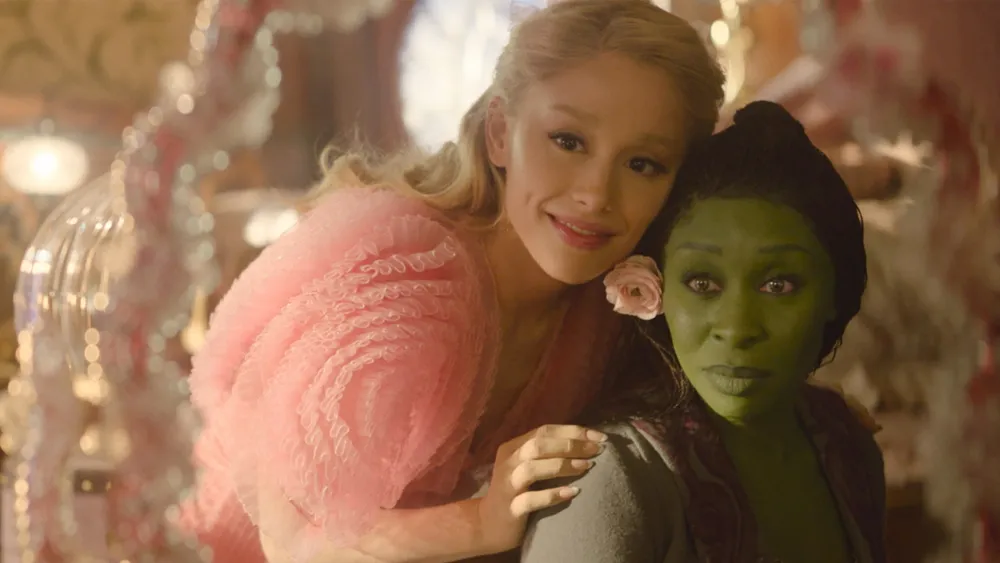
Again With The Prequel Problems
The final problem with Wicked is that – like most prequels – it just doesn’t work. It’s yet another example of corporate fan fiction, something that breaks continuity and wrecks the lore if you made any effort to treat it seriously. While it seems absurd to offer spoilers to a film from 1939 that is firmly embedded in American folklore, considered yourself warned.
Let us recall that in The Wizard of Oz, the actual Wicked Witch of the West is an absolutely cruel and vile person, bent on the death of an innocent child – and her little dog, too! She hunts her down, torments her companions and delights in their despair. The Munchkins are clearly shown as a kind, happy people who live in abject terror of the Wicked Witch. Perhaps most telling, even the Witch’s own soldiers hate her and celebrate her death.
Instead of summoning poppies to put people to sleep, why didn’t she create food crops? Instead of terrorizing people from the sky, why not warn them of incoming storms, or help find struggling travelers in need?
Much like the sexuality of Agatha All Along, the lesson here is that feminine empowerment means endlessly tormenting otherwise good people. No matter what wrongs might have been suffered, there is no justification to burn a little girl’s friend alive while she watches helplessly. Just like recent attempts to rehabilitate Lilith, the truth is she’s a nasty bit of business.
So far, the box office numbers are looking good, but the full tale has not yet been told. The first half of the show is generally funny and bouncy. The second half gets much darker and we’ll see how many people want to see that as a standalone film.
****

 Conservative
Conservative  Search
Search Trending
Trending Current News
Current News 